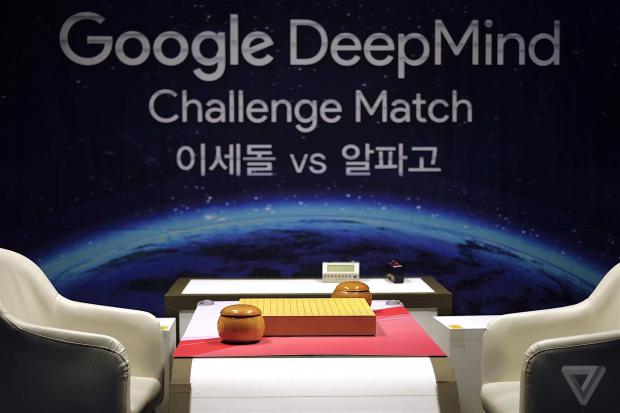
Breaking News
 The Epstein List Is Dead- Long Live the Epstein List
The Epstein List Is Dead- Long Live the Epstein List
 Scoop: FBI's Dan Bongino clashes with AG Bondi over handling of Epstein files
Scoop: FBI's Dan Bongino clashes with AG Bondi over handling of Epstein files
 THE BACKLASH IS GETTING BIGGER OVER THE COVER-UP OF YOU KNOW WHO!
THE BACKLASH IS GETTING BIGGER OVER THE COVER-UP OF YOU KNOW WHO!
 The DOJ Officially Closed Its Investigation into Pfizer Bribery…More…
The DOJ Officially Closed Its Investigation into Pfizer Bribery…More…
Top Tech News
Magic mushrooms may hold the secret to longevity: Psilocybin extends lifespan by 57%...
 Unitree G1 vs Boston Dynamics Atlas vs Optimus Gen 2 Robot– Who Wins?
Unitree G1 vs Boston Dynamics Atlas vs Optimus Gen 2 Robot– Who Wins?
 LFP Battery Fire Safety: What You NEED to Know
LFP Battery Fire Safety: What You NEED to Know
 Final Summer Solar Panel Test: Bifacial Optimization. Save Money w/ These Results!
Final Summer Solar Panel Test: Bifacial Optimization. Save Money w/ These Results!
 MEDICAL MIRACLE IN JAPAN: Paralyzed Man Stands Again After Revolutionary Stem Cell Treatment!
MEDICAL MIRACLE IN JAPAN: Paralyzed Man Stands Again After Revolutionary Stem Cell Treatment!
 Insulator Becomes Conducting Semiconductor And Could Make Superelastic Silicone Solar Panels
Insulator Becomes Conducting Semiconductor And Could Make Superelastic Silicone Solar Panels
 Slate Truck's Under $20,000 Price Tag Just Became A Political Casualty
Slate Truck's Under $20,000 Price Tag Just Became A Political Casualty
 Wisdom Teeth Contain Unique Stem Cell That Can Form Cartilage, Neurons, and Heart Tissue
Wisdom Teeth Contain Unique Stem Cell That Can Form Cartilage, Neurons, and Heart Tissue
 Hay fever breakthrough: 'Molecular shield' blocks allergy trigger at the site
Hay fever breakthrough: 'Molecular shield' blocks allergy trigger at the site
Google's AI Is About to Battle a Go Champion--But This Is No Game

At one o'clock in the afternoon local time, a digital Google creation will challenge one of the world's top players at the game of Go, the ancient Eastern pastime that's often compared to chess—though it's exponentially more complex. This Google machine is called AlphaGo, and to win, it must mimic not just the analytical skills of a human, but at least a bit of human intuition.
Over the years, machines have topped the best humans as checkers, chess, Othello, Scrabble, Jeopardy!, and so many other contests of human intellect. But they haven't beat the very best at Go. As Google likes to point out, there are more possible positions on a Go board than atoms in the universe—more than even the most powerful computers can contemplate. The scope of the game is so enormous that top human players must rely on more than careful analysis to succeed. They play based on what the board looks like, how it feels. To beat these humans, a machine must, in some way, reproduce this magic.

 AI Getting Better at Medical Diagnosis
AI Getting Better at Medical Diagnosis

